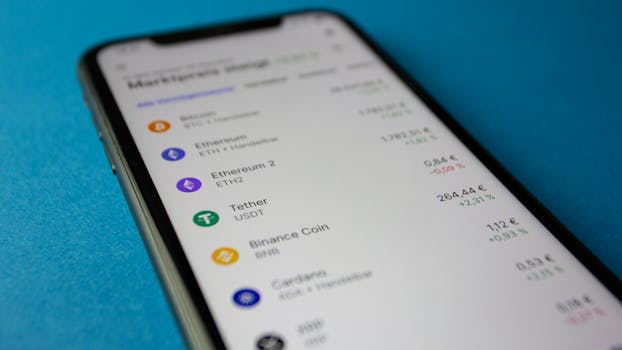
Navigating the Future: Emerging Trends in Fintech Technology
Fintech technology is revolutionizing the way we think about finance, and Fintech is at the forefront of this revolution. The term ‘fintech’ refers to the intersection of finance and technology, and it has given rise to a wide range of innovative products and services that are changing the face of the financial industry.
Introduction to Fintech

Fintech has been around for several decades, but it has only been in recent years that the industry has really started to take off. The rise of mobile devices, the internet, and other digital technologies has created new opportunities for fintech companies to develop innovative financial products and services. Today, fintech is a global industry, with companies operating in almost every country around the world.
Emerging Trends in Fintech

So, what are the emerging trends in fintech? Some of the most significant trends include:
- Mobile Payments: Mobile payments are becoming increasingly popular, with more and more people using their smartphones to make payments. This trend is driven by the growing use of mobile devices and the increasing availability of mobile payment platforms.
- Blockchain Technology: Blockchain technology is a type of distributed ledger technology that allows for secure and transparent transactions. It has the potential to revolutionize the way we think about finance, and it is being used in a wide range of applications, from cryptocurrency to supply chain management.
- Artificial Intelligence: Artificial intelligence (AI) is being used in fintech to improve customer service, detect fraud, and optimize business processes. AI-powered chatbots, for example, are being used by many banks and other financial institutions to provide customer support.
- Robotics Process Automation: Robotics process automation (RPA) is a type of automation technology that uses software robots to automate business processes. It is being used in fintech to automate tasks such as data entry, accounting, and compliance.
- Cloud Computing: Cloud computing is a type of computing that uses remote servers to store and process data. It is being used in fintech to provide secure and scalable infrastructure for financial applications.
The Future of Fintech

So, what does the future hold for fintech? Some of the trends that are likely to shape the industry in the coming years include:
- Increased Use of AI and Machine Learning: AI and machine learning are likely to play an increasingly important role in fintech, as companies seek to improve customer service, detect fraud, and optimize business processes.
- Greater Adoption of Blockchain Technology: Blockchain technology is likely to become more widely adopted in the coming years, as companies seek to take advantage of its security and transparency benefits.
- More Focus on Cybersecurity: As fintech companies increasingly rely on digital technologies, they will need to prioritize cybersecurity to protect themselves and their customers from cyber threats.
- Greater Collaboration between Fintech Companies and Traditional Financial Institutions: Fintech companies and traditional financial institutions are likely to collaborate more closely in the coming years, as they seek to take advantage of each other’s strengths and expertise.
Conclusion

In conclusion, the fintech industry is rapidly evolving, with new trends and technologies emerging every year. As we navigate the future of fintech, it is likely that we will see increased use of AI and machine learning, greater adoption of blockchain technology, more focus on cybersecurity, and greater collaboration between fintech companies and traditional financial institutions. Whether you are a fintech company, a traditional financial institution, or simply an individual with an interest in finance, it is essential to stay up-to-date with the latest developments in fintech and to be prepared for the opportunities and challenges that lie ahead.





